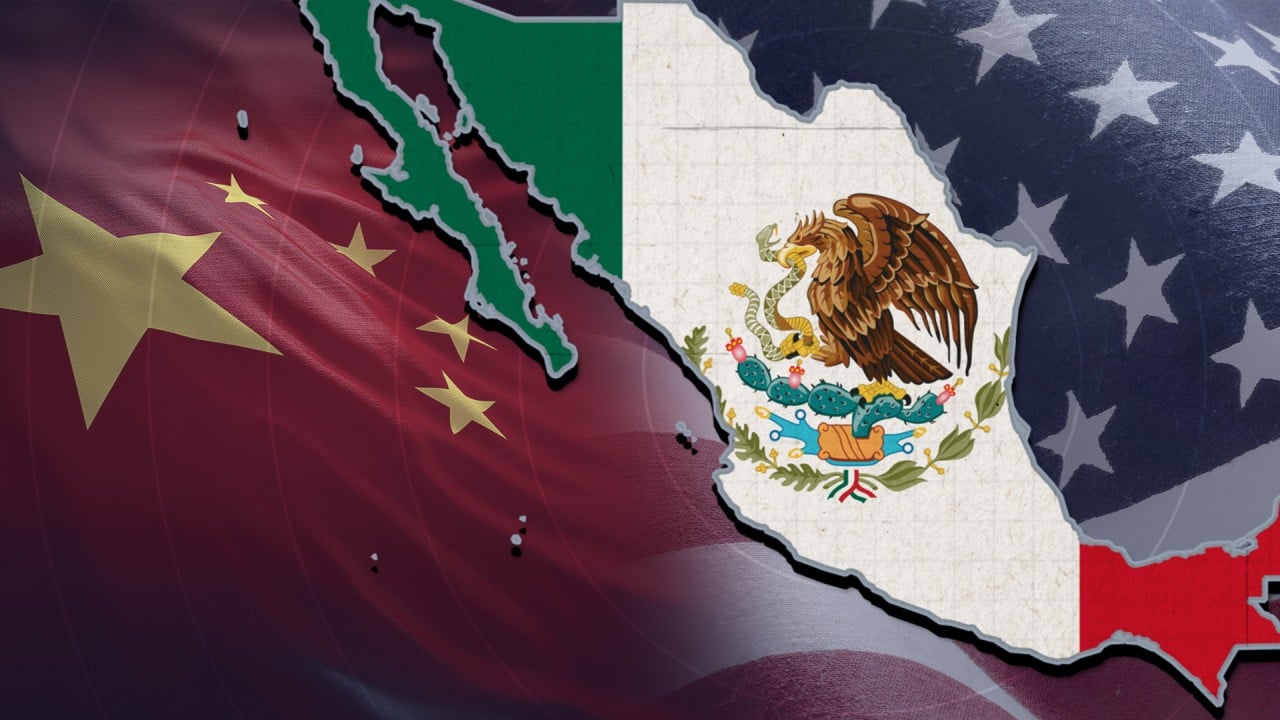Chinese tile manufacturer in Mexico accused of illegal water use during drought
On Tuesday, to draw international attention to the issue, a group of Mexican farmers held a news conference in Los Angeles in the United States, claiming that at least 100,000 people are affected by the company’s activities.
Gumaro Zamorano, leader of the farmer group, said that the company was using the water to manufacture tiles and ceramics.
He said that residents of Emiliano Zapata had discovered nearly 40 extraction pipes since last year.
“It’s worrying because with all the water extracted, the aquifers are not reaching their [normal] levels. The whole area is affected by the arrival of Time Ceramics,” Zamorano warned.
According to the Los Angeles Times, Time Ceramics does not possess a licence to extract water for industrial purposes and the company says its wells are intended solely for human consumption.
On Sunday, the Mexican Secretariat of Environment and Natural Resources (Semarnat) said it had dispatched a team of investigators to the area, who found evidence of violations of a law protecting natural resources.
Government officials are now considering revoking Time Ceramics’ business licence and halting its operations.
“We will hold another meeting with the population to determine whether the closure is justified,” Semarnat Secretary María Luisa Albores told the local newspaper El Universal.
If action is justified, she added, “we will order the closure”.
Time Ceramics did not immediately respond to a request for comment.
The accusations against the Chinese company have been building for some time. In January, the Mexican attorney general’s office determined that Time Ceramics had drilled illegal water wells on a former farm in the region.
Several Chinese nationals were also found to be working without authorisation. According to a statement in January by the Mexican National Migration Institute, 148 Chinese nationals were working with tourist visas, while 39 were undocumented.
The undocumented workers were deported, yet the company continued to operate. Dissatisfied, a Mexican citizen filed a complaint in February with the Commission for Environmental Cooperation (CEC), an intergovernmental organisation established under the USMCA free trade agreement to investigate environmental violations by companies in the United States, Mexico and Canada.
According to the commission, the complainant contended that Mexico was “failing to address the environmental impacts of the [Time Ceramics] factory, including unauthorised forest land use change to build the factory, inadequate environmental impact assessment, the unauthorised development of water wells, and the alleged lack of water extraction concessions for the factory’s operations.”
The complaint was dismissed in June due to insufficient information on the environmental impact of the project and because the complainant had not contacted Mexican authorities first.
